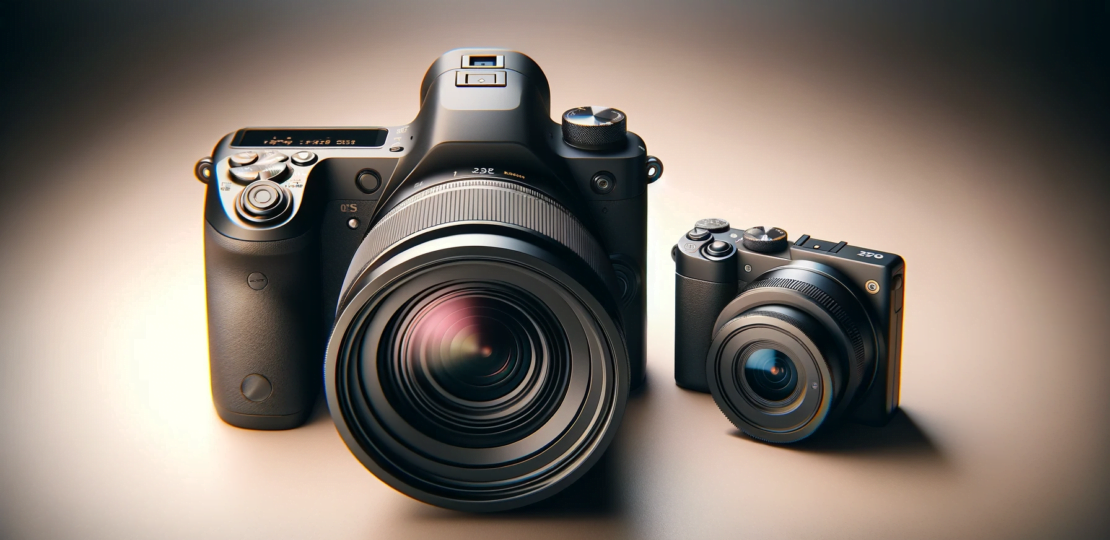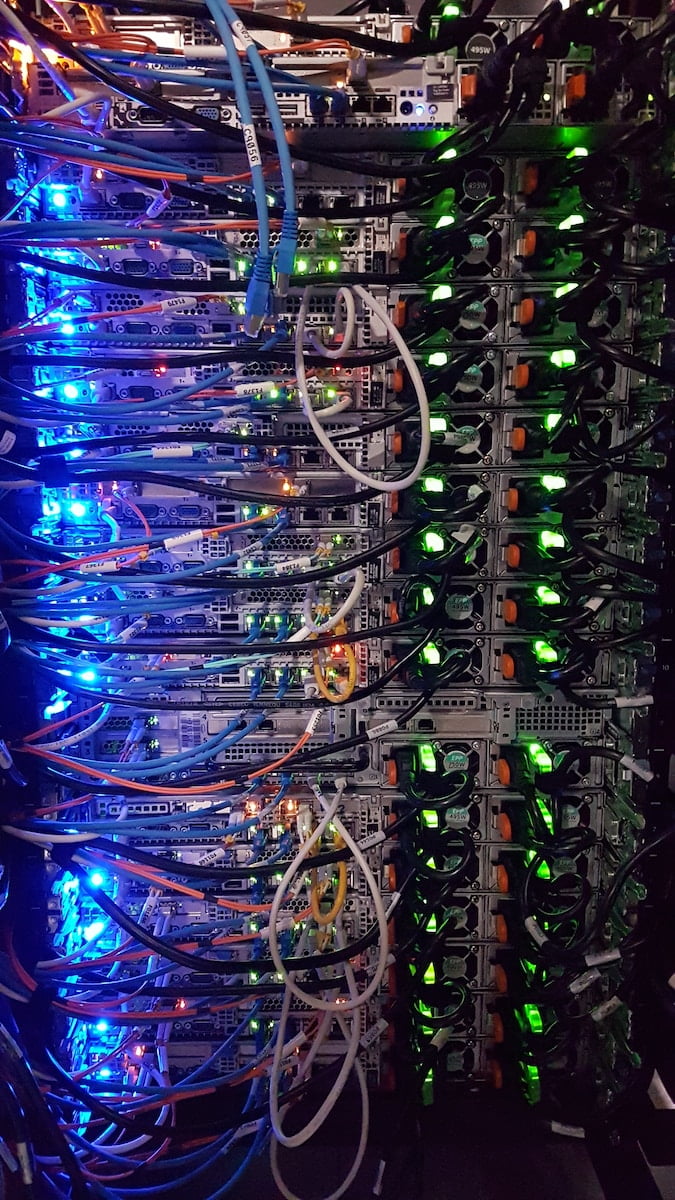Comparing High-Resolution Camera with Low-Quality Display and Low-Resolution Camera with High-Quality Display
2023-12-14 | by reerr.com

High-Resolution Camera with Low-Quality Display
When you have a high-resolution camera paired with a low-quality display, it is important to consider the strengths and limitations of each component and how they impact the overall image viewing experience.
Detail Loss
A high-resolution camera has the ability to capture a significant amount of detail in an image. However, when viewed on a low-quality display, not all of these details can be rendered accurately. This results in a loss of image fidelity, as the display is unable to showcase the full extent of the camera’s capabilities.
Scaling
In order to fit the high-resolution image onto a lower resolution display, scaling is necessary. Unfortunately, this process can lead to a loss of clarity and sharpness in the image. The downscaled image may not retain the same level of detail and quality as the original high-resolution version.
Advantages
Despite the limitations of the low-quality display, the high-resolution images captured by the camera still have value, especially for purposes such as printing. In these scenarios, the full resolution of the image can be utilized, allowing for a higher level of detail and quality.
Limitation
For digital viewing, the full benefit of the camera’s capabilities is not realized due to the limitations of the display. The high-resolution camera may capture intricate details, but these details may not be fully appreciated or visible on a low-quality display.
Low-Resolution Camera with High-Quality Display
On the other hand, when you have a low-resolution camera paired with a high-quality display, it is important to understand how the strengths and limitations of each component interact to affect the overall image viewing experience.
Limited Detail
A low-resolution camera captures less detail compared to a high-resolution camera. Even with a high-quality display, it cannot compensate for the lack of detail in the source image. The resulting image may appear less sharp and less detailed due to the limitations of the camera’s resolution.
Image Quality
While the high-quality display is capable of showcasing finer details and sharper images, the output is still limited by the camera’s lower resolution. The display can only present the information that was captured by the camera, and it cannot add details that were not originally captured.
Upscaling
In some cases, the high-quality display may attempt to upscale the low-resolution image to improve its appearance. However, upscaling cannot add details that were not captured by the camera. This can result in pixelation or blurry images, as the display tries to compensate for the lack of information in the source image.
Advantage
The advantage of a high-quality display when paired with a low-resolution camera is that it ensures the image is represented as well as possible within the limitations of the camera’s resolution. The display can enhance the visual quality of the image, but it cannot create details that were not captured by the camera.
Key Takeaways
When considering the combination of a high-resolution camera and a high-quality display, it is crucial to find a balance between the capabilities of each component. Here are some key takeaways:
Balance is Crucial
The best visual experience is achieved when both the camera resolution and the display quality are harmoniously balanced. This ensures that the image is captured with sufficient detail and presented with optimal clarity and sharpness.
Specific Needs
Your choice should depend on your specific needs. If you are primarily interested in photography and printing, investing in a higher resolution camera would be more beneficial. On the other hand, if you mainly view digital content, prioritizing a high-quality display would be more important.
Technology Limitations
It is important to remember that technology has its limitations. A high-quality display cannot create details that were not captured by the camera, and a high-resolution camera’s potential is underutilized with a low-quality display. Understanding these limitations will help you make informed decisions about your equipment.
In conclusion, the combination of a high-resolution camera and a high-quality display is desirable, but it is important to consider the compatibility of these components. Understanding how they complement each other and their respective strengths and limitations will help you achieve the best possible visual experience.
RELATED POSTS
View all


